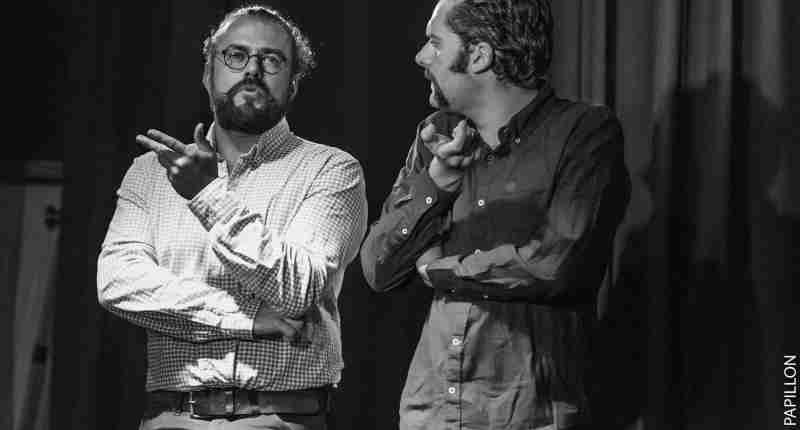
Active Listening Hobbies
Introduction
Read more
On active listening, its benefits and requirements, and how hobbies can help us become better listeners.
What is active listening?
Active listening is the practice of paying full attention to and absorbing what someone is saying so that the exchange between the listener and speaker is productive and fulfilling.
7 Active Listening Techniques to Communicate Better | Coursera
Active listening is about making sure we closely follow and tune to the message, intention, and motives of the people we listen to, and about reassuring them that we do. It is about making sure we understand where our interlocutors come from and what they’re aiming for.
According to the Harvard Business Review, active listening has three aspects:
- Cognitive: Paying attention to all the information, both explicit and implicit, that you are receiving from the other person, comprehending, and integrating that information
- Emotional: Staying calm and compassionate during the conversation, including managing any emotional reactions (annoyance, boredom) you might experience
- Behavioral: Conveying interest and comprehension verbally and nonverbally
Why is active listening important and beneficial?
Active listening can help us better understand people and situations, and to come up with better responses and solutions. It can assist us in resolving conflicts or avoiding them altogether.
[…] listening seems to make an employee more relaxed, more self-aware of his or her strengths and weaknesses, and more willing to reflect in a non-defensive manner.
The Power of Listening in Helping People Change | Harvard Business Review
Active listening can also make others feel they are seen and heard, improving their mood, and your likeability.

Why is active listening difficult?
Some common barriers to active listening are distractions, biases, assumptions, and emotions.
As we have our issues, perceptions, and tendencies, it is very hard not to put them between us and the person we are listening to. It is sometimes impossible to avoid automatic triggers.
Can active listening be improved?
Listening resembles a muscle. It requires training, persistence, effort, and most importantly, the intention to become a good listener. It requires clearing your mind from internal and external noise — and if this isn’t possible, postponing a conversation for when you can truly listen without being distracted.
The Power of Listening in Helping People Change | Harvard Business Review
The first part of the quote stresses that active listening can be improved. The second part establishes a clear head as a prerequisite for active listening. A clear head is possibly the hardest achievement for most of us.
Indeed, active listening is a skill, and as such, can be improved. But it might require more fundamental work than most sources suggest.
The internet is full of tips, practices, and techniques for improving active listening.
The question is, when we are expressing ourselves and being listened to, would we like to feel that the other side is practicing techniques to listen to us?
Probably not. It will feel artificial. You can’t fake interest, it is insulating. To actively listen we need to be emotionally available to do so.
John Gottman writes in his book The Seven Principles for Making Marriage Work about marriage counseling:
Active listening asks couples to perform Olympic-level emotional gymnastics when their relationship can barely walk.
If we are not emotionally available, active listening is out of reach, and better not attempted at all, as it can cause injuries.
And even when we are emotionally available, with the clearest head achievable, we still need to care. We can’t superficially care.
Only after these fundamental requirements are met, we might benefit from trying to fine-tune our active listening skills with techniques.
So, to be truly better active listeners we need to be our better selves – we need to be mindful:
The results point to mindfulness as an important factor that influences cognitive-affective processes in supportive communication.
Only by being mindful we can overcome the emotional barriers to active listening.
Hobbies can help us become better listeners
In this sense, every hobby that promotes mindfulness can improve our active listening skills. Most hobbies promote mindfulness, which is an essential part of leisure activity.
That being said, this page contains a list of hobbies that more directly involve active listening: ones that can’t be truly enjoyed without it. These hobbies might especially encourage us to practice and improve our active listening skills.
Active Listening Hobbies Collection
Each hobby page is curated to inspire and help you get started.















